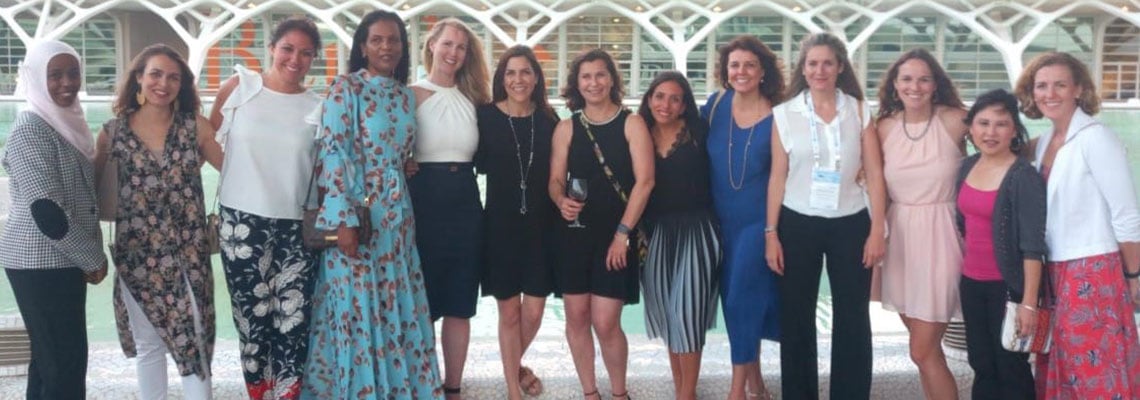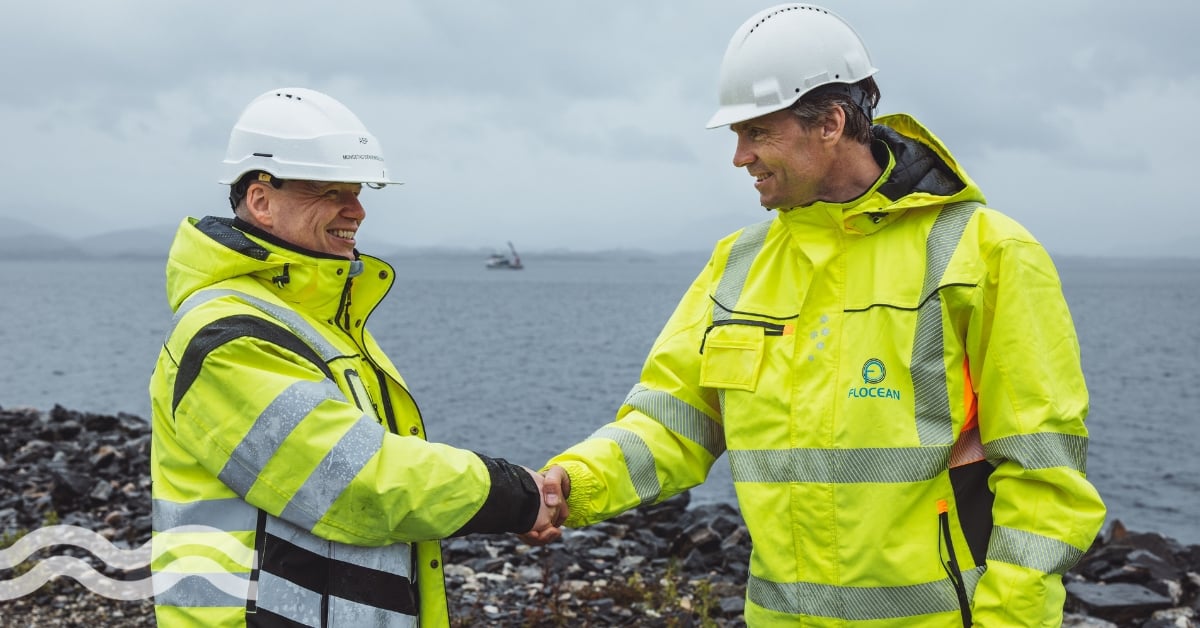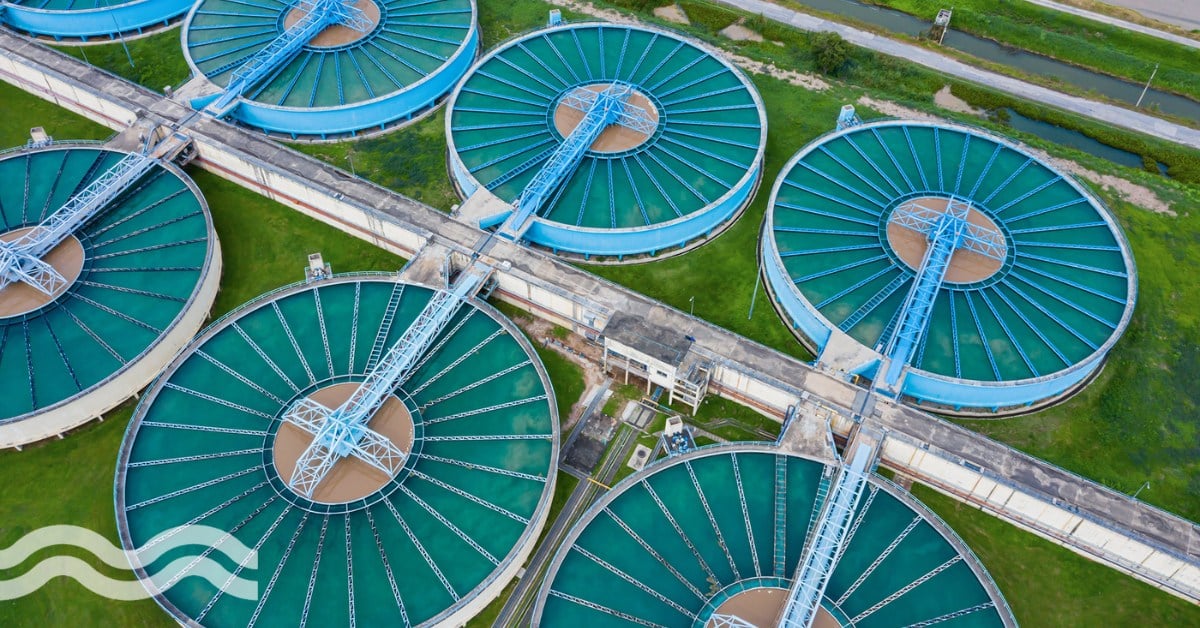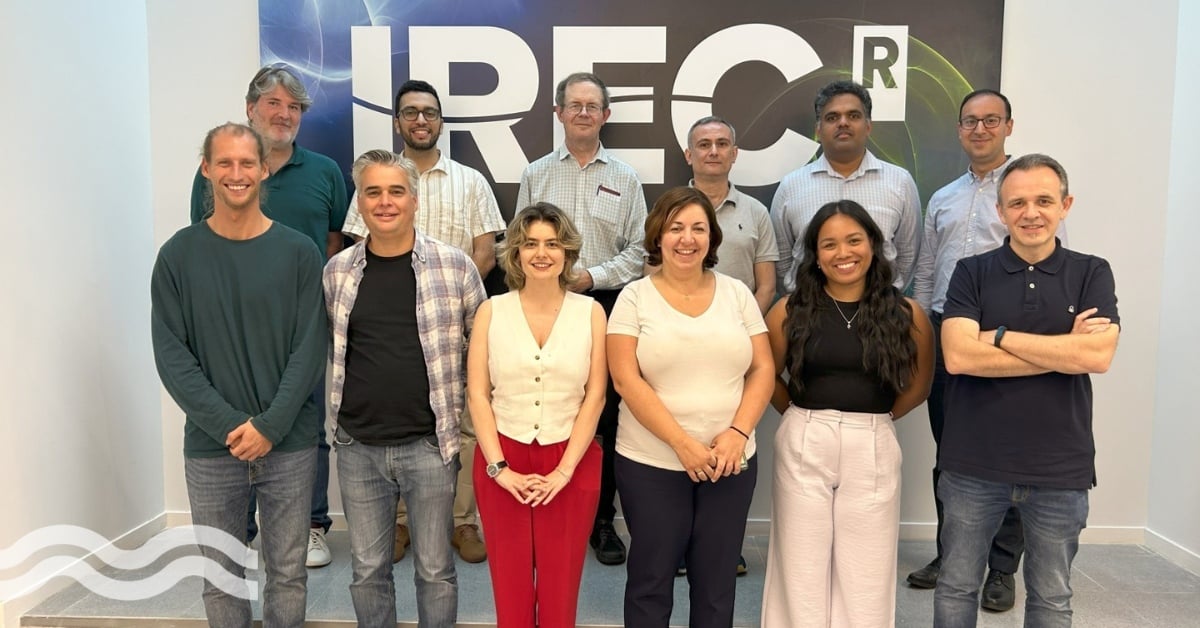
Editorial: A new group will increase the visibility of women present in the water sector as role models for future generations
Changing the gender imbalance in water
Anyone who has visited a water conference or exhibition can attest that the business of water engineering is male-dominated.
Statistically, only 5 per cent of water and wastewater plant operators are women and more broadly speaking, only 25 per cent of civil/environmental engineering graduates are women.
Ironically, this situation facing many developed countries does not mirror that of developing nations, where the responsibility for collecting water often falls to women.
How it started
A new platform and group have formed in a bid to help move the needle on this gender imbalance.
Called 'Women of our Industry', the priority of the initiative is to increase the number of women involved in water treatment globally.
The genesis of the group started in Valencia at a conference held between the International Association of Desalination (IDA) and the Spanish Association of Desalination and Reuse (AEDYR) in June 2018 in Valencia.
The group includes multiple individuals from global water companies, consultancies and associations. Some of the women that founded it and are now driving it forward include:
- Elena de la Vieja, commercialisation director, Aqua Advise
- Ana Lopez, global projects director, Danfoss
- Elena Reyna, communications and marketing director, Acciona Agua
- Kimberly Kupiecki, global leader sustainability, advocacy, communications at DuPont Water Solutions
- Kelly Grieves, senior manager mergers & acquisitions at Seven Seas.
- Monica Boodhan, senior Lecturer (Physics) at the University of Trinidad and Tobago, secretary and director of the Caribbean Desalination Association & YLP co-lead, IDA.
- Naomi Jones, technical sales manager, Evoqua.
Two of the founding members - Elena de la Vieja and Kimberly Kupiecki – recently took part in a Brave Blue World podcast titled 'Water Women & their Stories'.
Action plan
So how does the new group expect to change a historic challenge not just facing water but the wider engineering communities?
The group has a three-point game plan moving forward:
- Creation of networks that increase the visibility of the women already present in the sector as role models for future generations, while also raising the profile of female leaders in the industry
- Initiatives that bolster the water speciality within female groups and students
- Increase training, mentoring and coaching.
“Increasing water scarcity brings increasing challenges and opportunities to the water industry which must unite all talent available,” the group said. “It is now that initiatives that drive and support an increase in gender balance are more needed than ever, as it is critical that women do not remain untapped and continue to become an important source for vital new talent to the industry.”
Woefully underrepresented
According to the Society of Women Engineers (SWE), women make up 25 per cent of civil/environmental engineering graduates.
Furthermore, an Institute for Women’s Policy Research project found that within water and wastewater treatment plant and system operators, 5 per cent were women.
The wider Science, Technology, Engineering & Maths (STEM) related businesses also face challenges in regard to gender diversity.
In the UK, women make up 23 per cent of those in core STEM occupations, according to a report from the WISE Campaign.
Furthermore, in its 'Women in Tech: Time to close the gender gap’ report, PwC said that “despite decades of progress towards workplace equality, women remain woefully underrepresented in the UK’s technology workforce”.
It added that women only hold 5 per cent of leadership positions in the technology industry.
“The gender imbalance in technology doesn’t just represent a missed opportunity for women and society, but also for businesses…put simply, diversity is a business advantage,” PwC said.
As part of its call to action, PwC recommended four steps:
- Positioning the technology industry in a greater role in educating students about technology and how it’s shaping the world we live in
- As well as awareness, access to technology careers needs to be increased
- Raising awareness of female roles models “already working hard in tech”
- Help women to reach their full potential in the industry.
Join the group
The next meeting for the Women in the Water Sector group will take place at the IDA World Congress in Dubai in October.
The group is inviting women in the sector to join via the following link.


